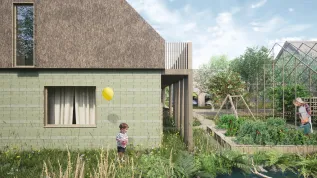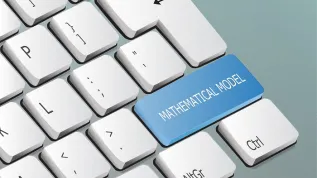
The results of the finals of the European Union Contest for Young Scientists (EUCYS 2014) have been announced. The awards ceremony took place last week on Tuesday in Warsaw.
The three first prizes ( €7000 each) were awarded to the representatives of the Czech Republic (Luboš Vozdecký, physics) and Portugal (Mariana De Pinho Garcia and Matilde Gonçalves Moreira da Silva, biology, and João Pedro Estácio Gaspar Gonçalves de Araújo, mathematics).
Luboš Vozdecký studied seemingly simple phenomenon of rolling friction. It turned out that textbooks described the processes incorrectly. Representatives of Portugal used snail Lymnaea stagnalis as a biological water pollution indicator. The Portuguese mathematician studied the properties of the semilattices of rectangular bands.
Second prize (€5000 each) went to Bulgaria (Petar Milkov Gaydarov, mathematics - polynomials), Ireland (Paul Clarke, mathematics - cyclic graphs) and Slovenia (Aleš Zupančič chemistry, self-cleaning fabrics).
The three third prizes (€3.500 each) were awarded to Litwin Matas, Lithuania (he grew a flowering apple tree in a test tube), British twins Ameeta Kumar and Aneeta Kumar (they developed a new method for the diagnosis of tumours) and Bernhard Anselm, Peter Dewald, Philipp Mandler and Robin Braun from Germany (they built a six-legged robot).
Unfortunately, this year none of the major prizes went to the Poles.
Former President Lech Wałęsa was the guest of honor at the ceremony. "Creatively, I envy you" - he said. - "One generation, and what a difference. My generation lived in a strongly divided world. With each your success, my retirement pension gets higher". He added that presented projects made a big impression on him, especially research on bumblebees of our representative Monika Leończyk from Słupsk. Thanks to the pollinating bumblebees, vegetables and fruits can be bigger and tastier. (Monika Leończyk received the prize of the Joint Research Centre of the European Commission - one week stay at the JRC’s Institutes in Ispra, Italy).
Intel prize went to Jerzy Krzysztof Szuniewicz from Poznań, who developed a method that facilitates the practical use of photon entanglement by using genetic algorithms. Photon entanglement allows for a secure communication of keys needed to decrypt data. The prize is participation in next year\'s INTEL ISEF in Pittsburgh. This will not be the first time - in the previous competition in Los Angeles Szuniewicz took third place.
The European Commission organizes the European Union Contest for Young Scientists (EUCYS) since 1989. Organizer of this year\'s EUCYS 2014 was the University of Warsaw, in cooperation with the Polish Children’s Fund and the Copernicus Science Centre, and with honorary patronage of the President of Poland Bronisław Komorowski.
PAP - Science and Scholarship in Poland
pmw/ abe/ mrt/
tr. RL













